Mexico City is the capital of Mexico and one of the oldest metropolises in North America. It offers its visitors a rich cultural and gastronomic experience, and it is also a great starting point for many trips to the surrounding area.
You won’t find a single place in Mexico that resembles Mexico City, and you certainly can’t apply what applies to this metropolis to the rest of Mexico.
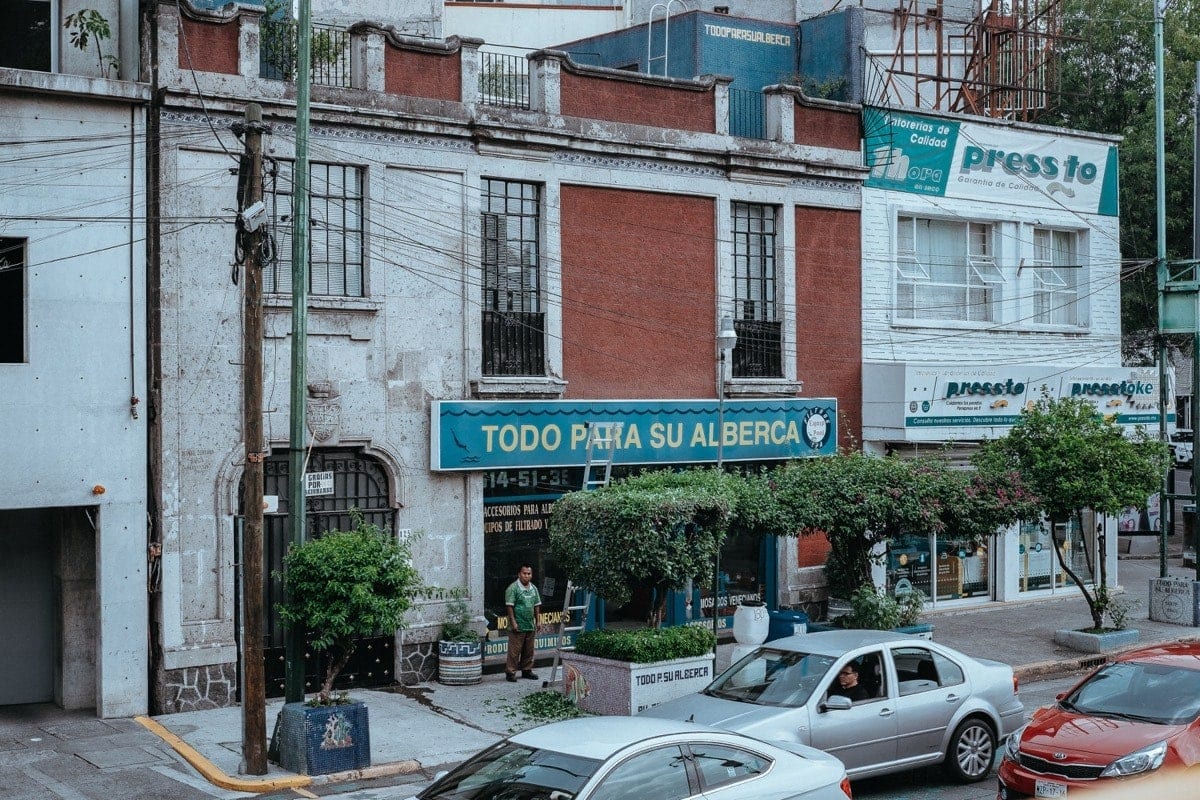
Mexico City was founded by the Aztecs 13. March 1325 and since 1521 it has been called Ciudad de Mexico (Mexico City). It has 9 million inhabitants and is a very densely populated city located at a high altitude of 2,240 metres.
Mexico is a place of high seismic activity and earthquakes are common, although most of the time they are very small tremors that you don’t even notice. As you walk through the streets, you may notice crooked houses, which were probably caused by the earthquake. At least we think so.
Although Mexico City is not built directly on a lithospheric plate fault, it is located relatively close to one of the most threatened places. The danger is compounded by the unfortunate surface on which the city was built. Mexico City was built on an island of the ancient Lake Texcoco.
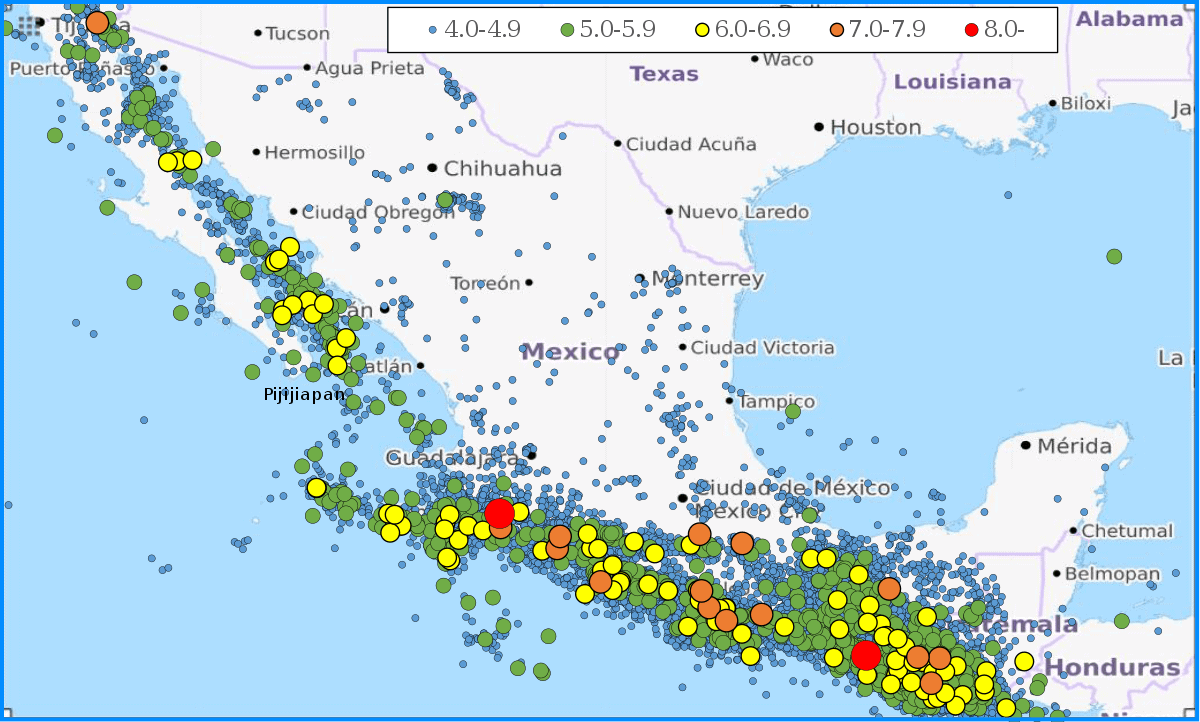
This unique geology of the city dramatically amplifies the effects of the earthquake, and although the epicentre is not directly in Mexico City, the consequences can be devastating. In 1985, an 8.0 magnitude earthquake killed over 10,000 people in Mexico City, and in 2017 a 7.1 magnitude earthquake killed 370 people. The lower death toll in 2017 was not only due to the lower magnitude that the earthquake had, but primarily due to the warning system that the city put in place after 1985. Currently, the system can warn residents one minute before an earthquake strikes.
What to do in case of an earthquake
In Mexico City, radio alarms are placed throughout the city to sound in case of danger. But you can’t tell from the warning how strong the earthquake is, and you don’t have time to find out anything else. You have a 45-60 second head start. Try to stay calm and don’t panic.
If you are outdoors, cover your head and neck with anything, if you can’t find anything suitable, use your hands. Try to get to an open area so that no buildings, trees, lamps, or power lines can fall on you. If you are inside the building and can leave within 45-60 seconds, do so. It is not recommended to use stairs or lifts.

When evacuation of the building is not possible, find a suitable place to shelter. For example, a table is often recommended. Try to stay away from windows, walls that separate you from the street and anything that might fall on you. It’s generally not a good idea to hide in the kitchen.
Things to do in Mexico city
In the capital of Mexico, we were surprised by a very friendly and peaceful atmosphere, which is not usually found in metropolises. If you are not in a touristy place, you will be mainly among the locals. In the end, we were sorry that we were not here for at least a week. It blends Aztec and colonial history, elements of the metropolis, western influences and traditional Mexico.
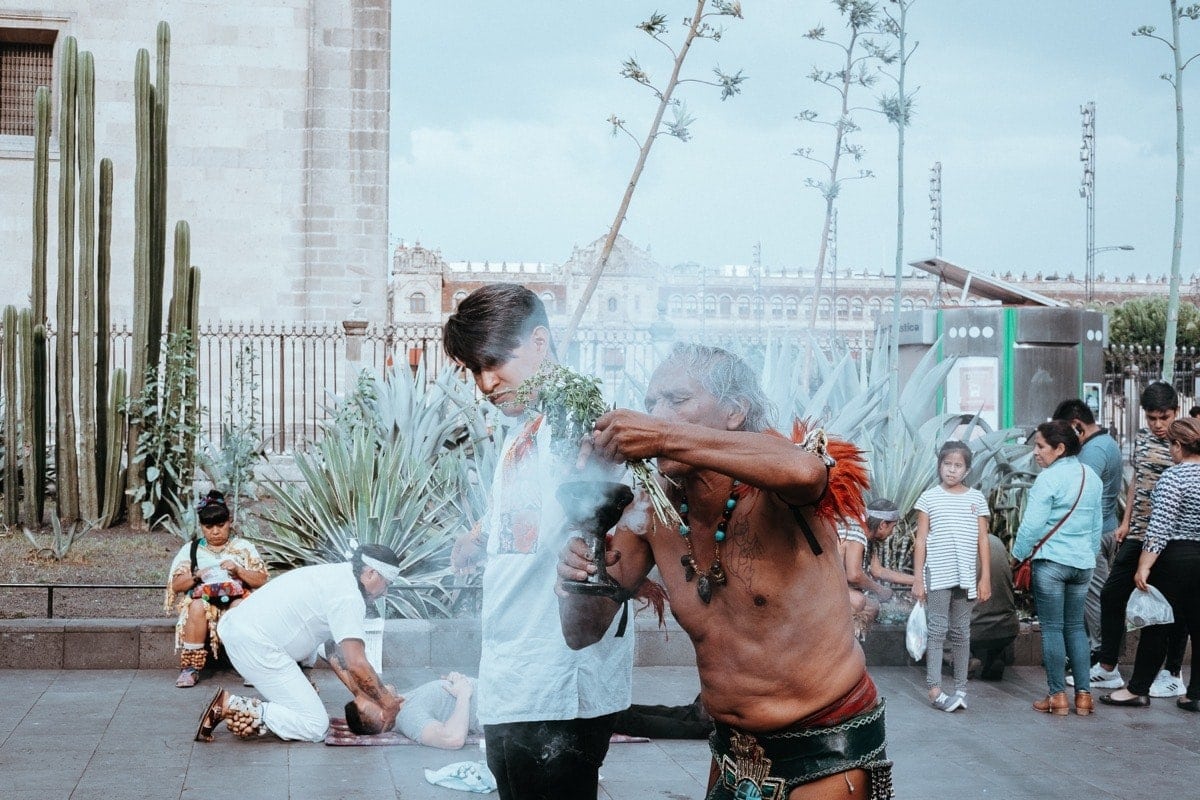
Walk through the historic centre of Zocalo
If you can, you should set aside at least one full day for the centre. What you should not miss:
El Tempo de Mayor is a museum for those who are fascinated by the Aztecs. In the museum you will find many remains of the Aztec civilization. It is open every day except Monday from 9:00 to 17:00.
La Catedral Metropolitana is located just opposite the museum and was built on the ruins of the ancient Aztec city of Tenochtitlan. Outside the cathedral you will often meet shamans and you can let them drive the evil spirits out of you.
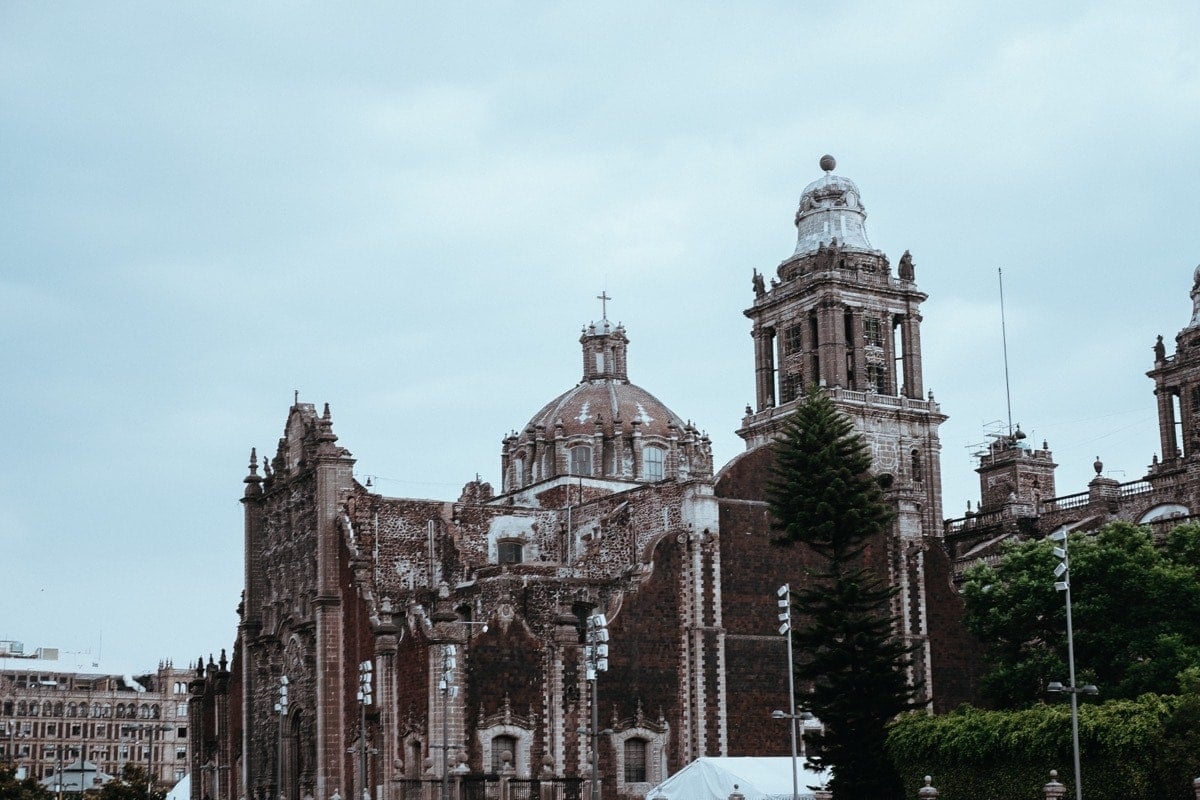
El Palacio Nacional is where you will find the famous mural describing the history of Mexico by Diego Rivera. This painter was the most famous Mexican painter of his time and the husband of Frida Kahlo.
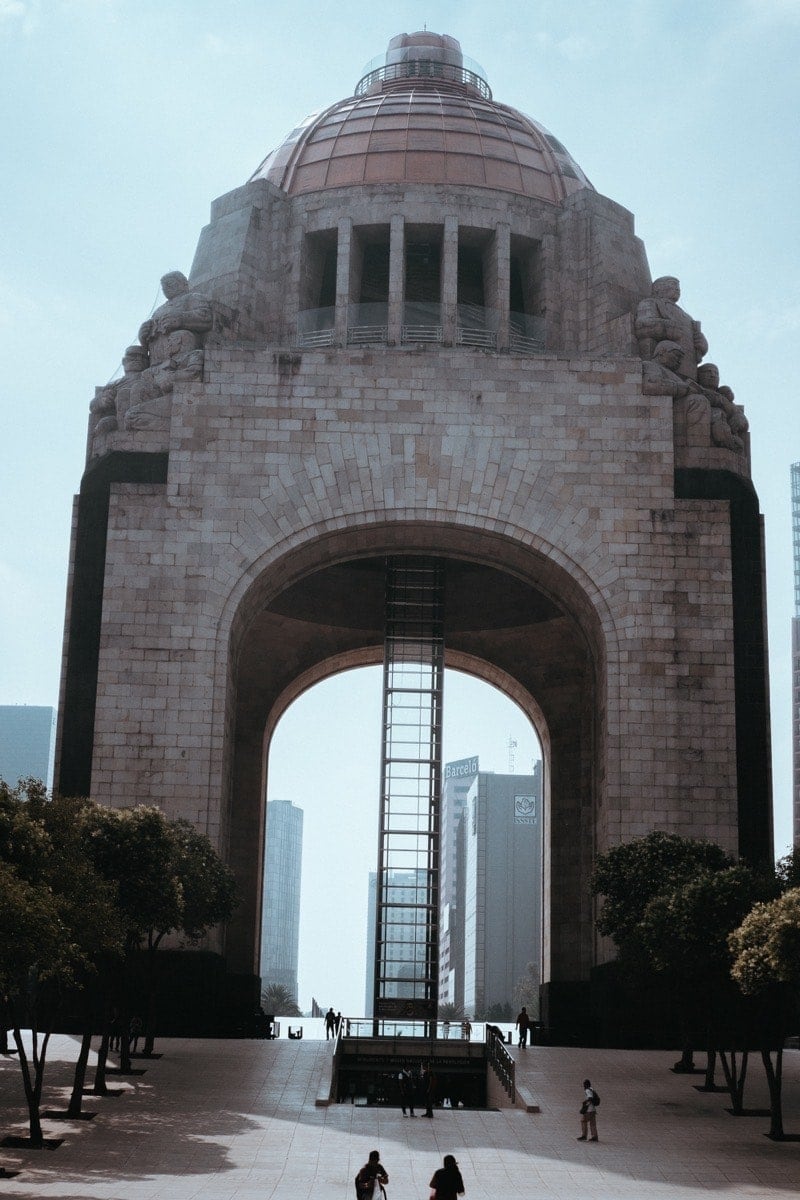
El Palacio de Bellas Artes is the cultural centre of the city. There are theatres, dance and music performances, opera and important photographic exhibitions.
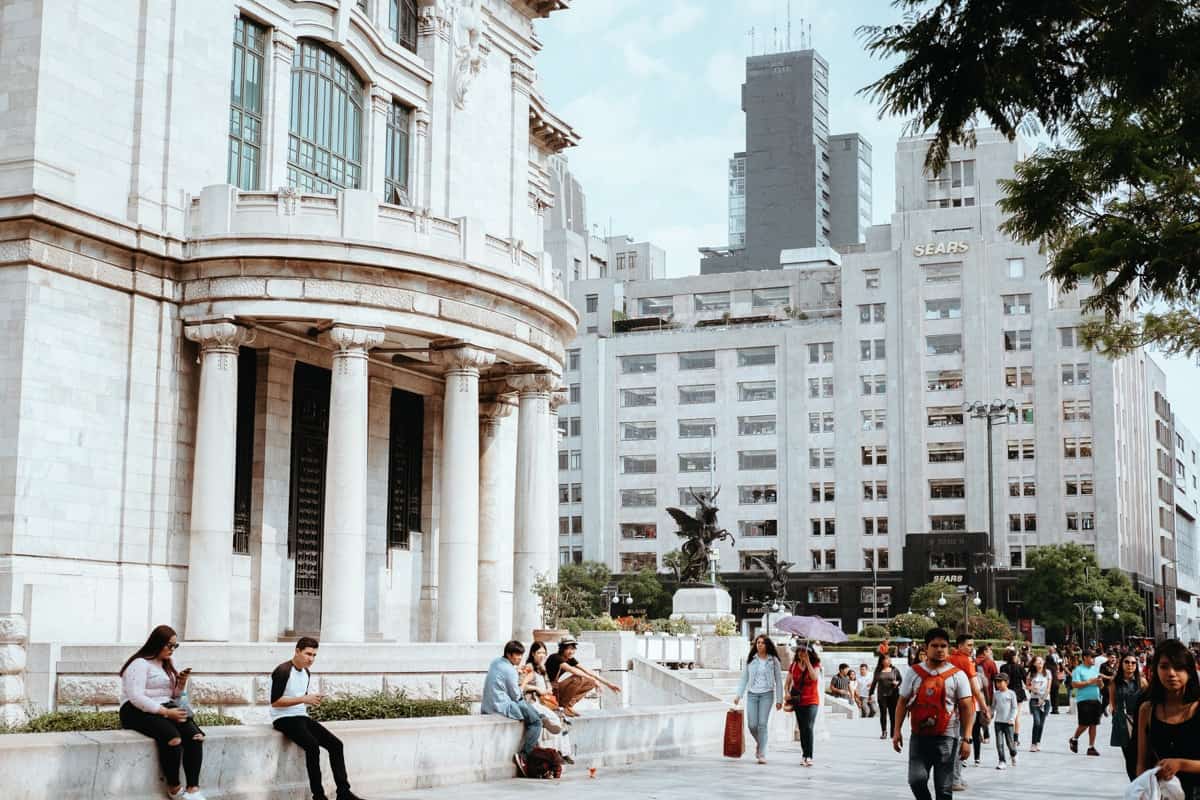
At the same time, this building is an amazing example of eclectic (mix) architecture of the 20th century. century, but in principle it is Art Deco. The interior is lavishly decorated and the curtain of the theatre is made of nearly a million Tiffany crystals.
Palacio Postal
The beautiful post office, located a short walk from El Palacio de Bellas Artes, is a must-see for any architecture lover. Once again, it is an example of eclectic architecture, mixing Art Nouveau, Spanish Rococo, Gothic, Baroque and Neoclassicism. But the beautiful staircase will take your breath away.
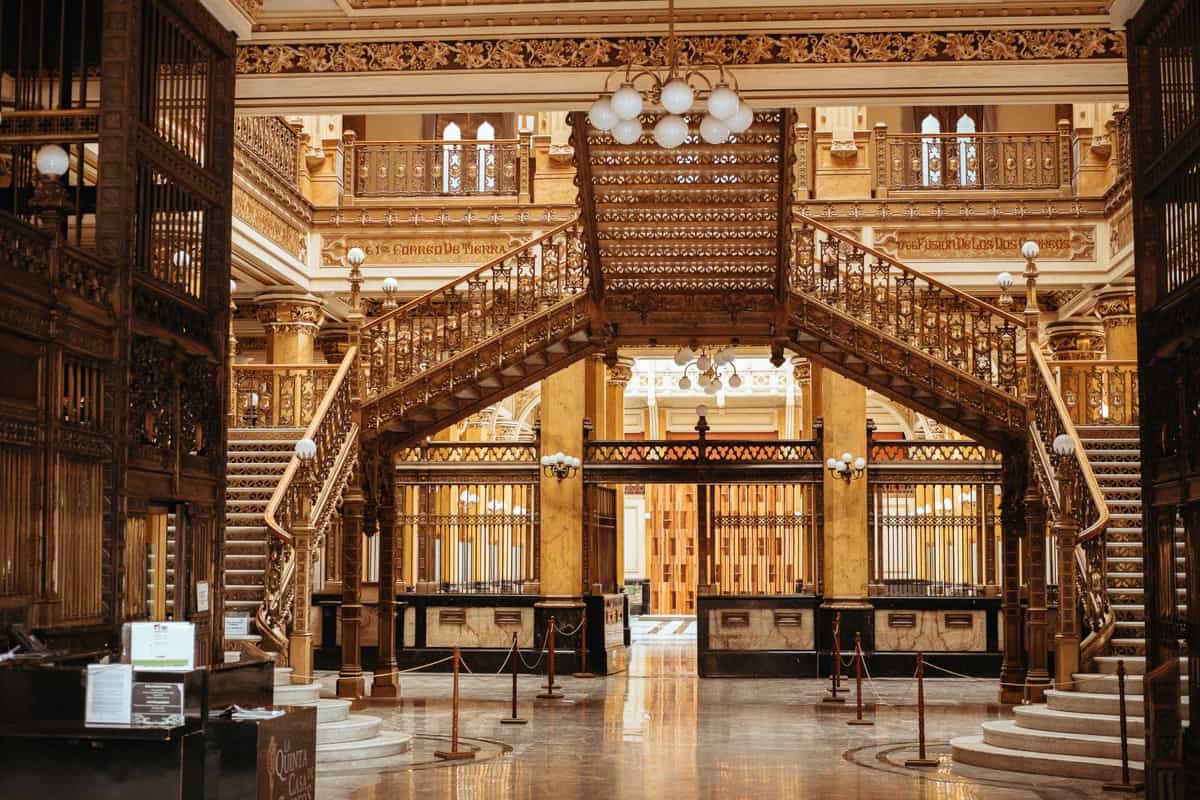
Xochimilco
After a long day of running around the historic centre, you will definitely appreciate Xochimilco. It’s a little further from the centre, but it’s easy to get here by public transport. For Mexico City residents, Xochimilco is synonymous with partying.
Xochimilco is an urban district in which you will find a canal system. Here you can rent a colourful boat, similar to the Venetian gondolas, take a ride and relax. Locals come here to celebrate just about everything.
Casa Azul
If you’re going to Mexico City and you’ve never heard of Frida Kahlo, be sure to watch a movie about her. It will give you an extra dimension when visiting not only the capital, but the whole of Mexico. I’ve never been in a Mexican household that didn’t have a portrait of this painter.
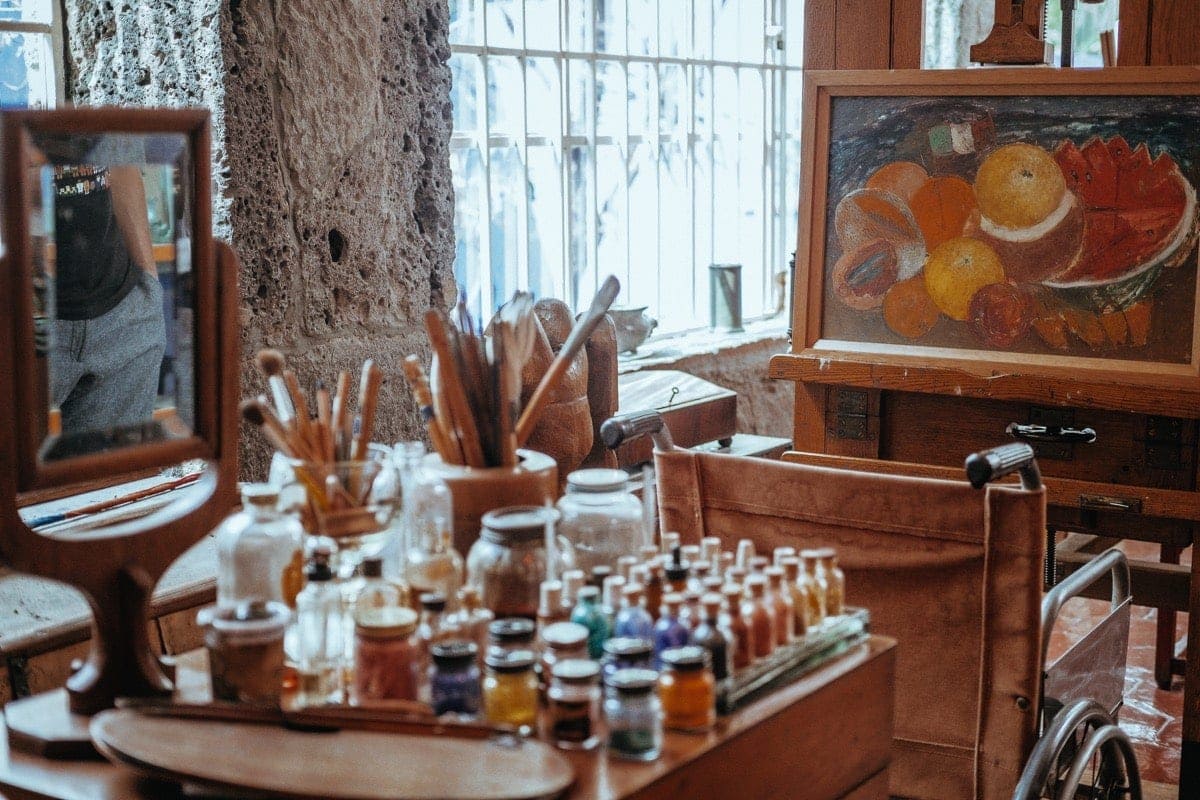
Casa Azul is her home, where she lived with Diego Rivera. To visit, book your tickets in advance, otherwise you will be standing for several hours. We also recommend coming to the opening.
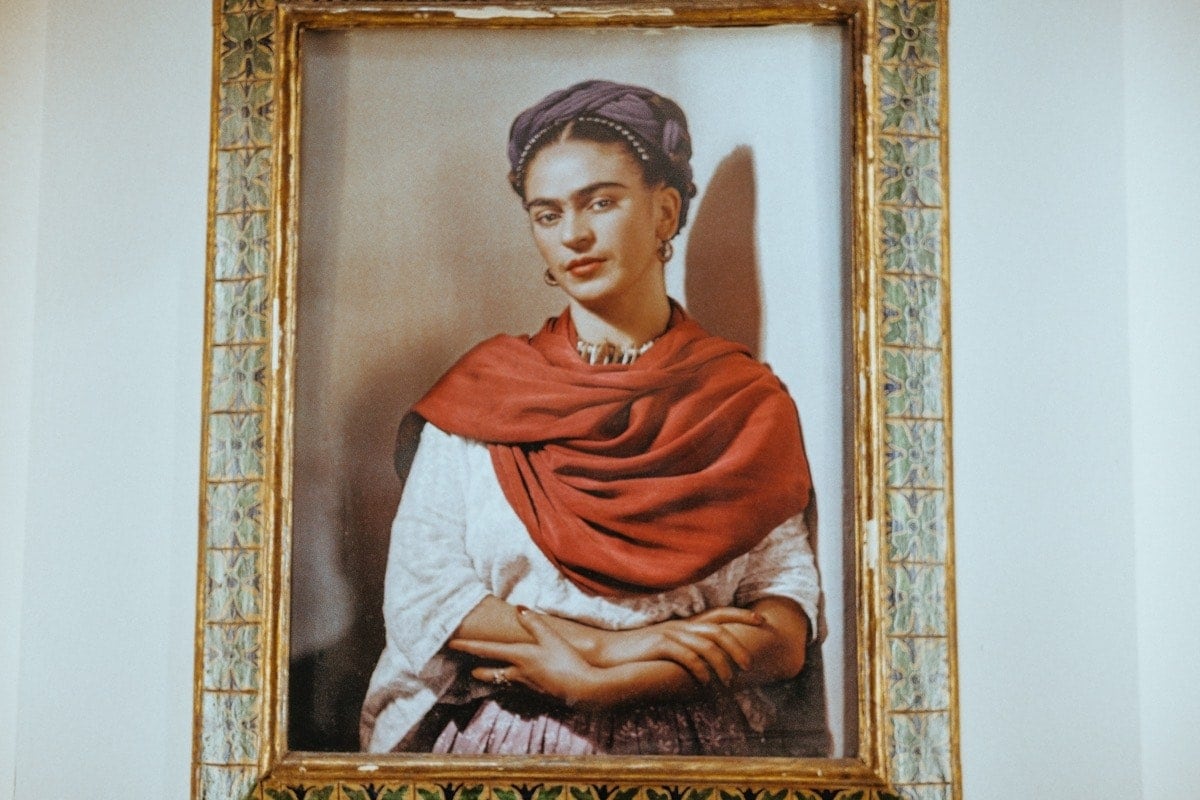
Go to the local market
The city’s most iconic market is the Mercado Coyoacan. You’ll find everything from vegetables to handmade baskets. This market is suitable for those who want to really soak up the local atmosphere. If you don’t like lots of people and narrow streets, avoid this place.
The Mercado Medellín is a market focused mainly on vegetables. It is also very popular because it sells products from other Latin American countries.
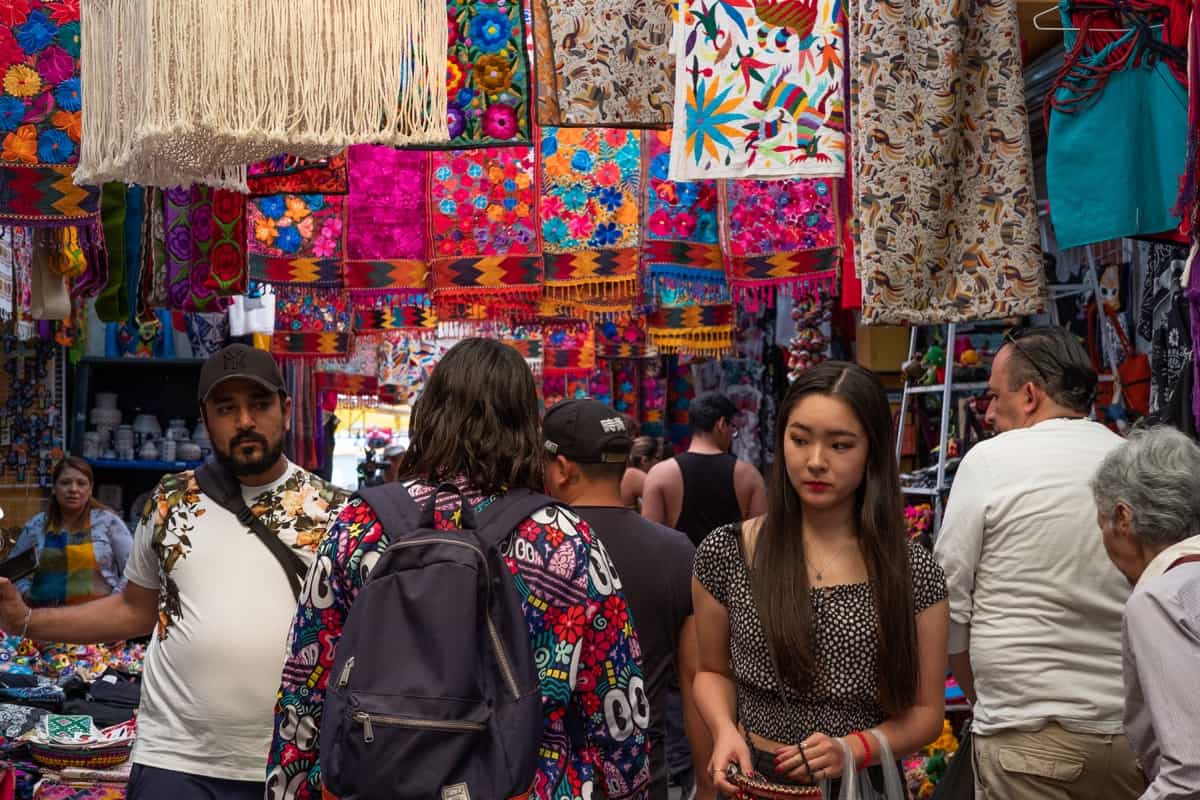
Mercado Roma is a western-style market. The three-story building offers Spanish wines, vegan tacos and a rooftop beer garden.
Mercado Sonora focuses on handmade products and features crystals, various shamanic artifacts and carved figures. If you’re interested in mysticism, make sure you go here. It is a place where Mexicans practicing Voodo and worshipping the death cult Santa Muerte go.
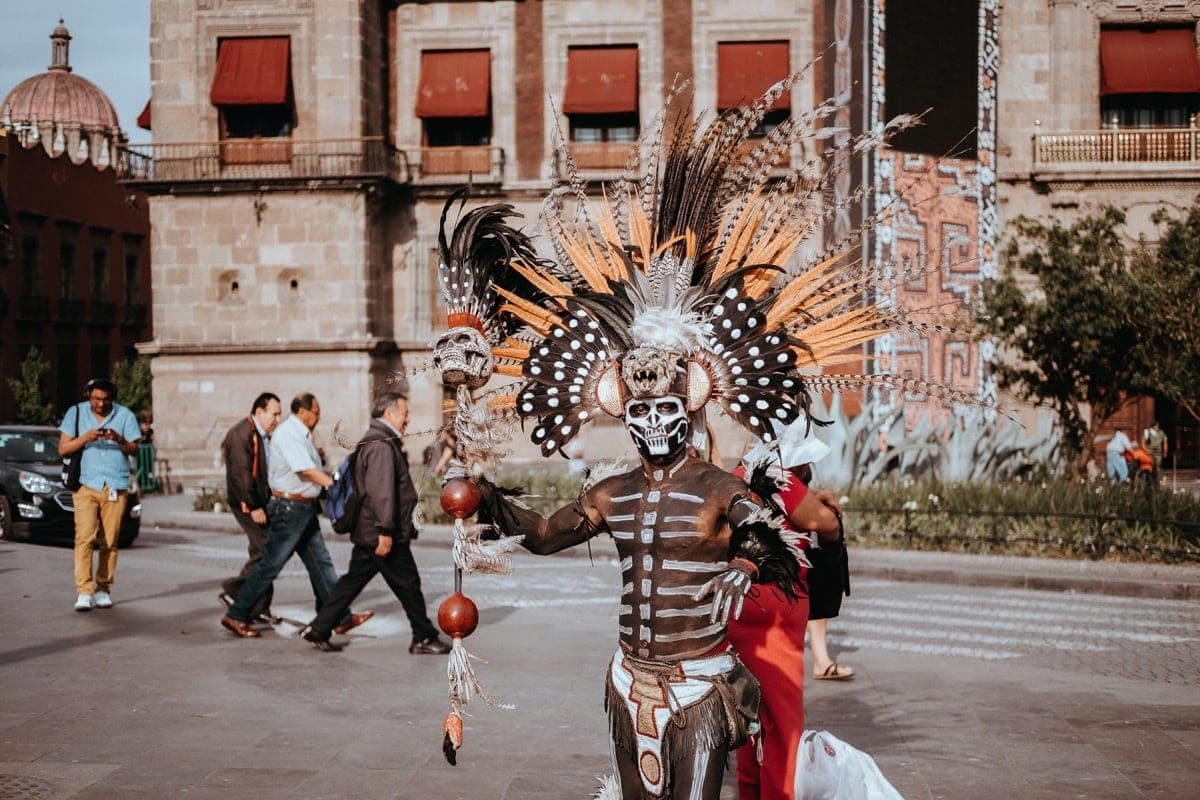
The Mercado de San Juan is housed in two buildings separated by a block. In one building you can find fruit, vegetables and meat, in the other building you can have a ready meal.
Mercado de Artesanias La Cuidadela
A place where you can get traditional Mexican products from other regions. Here you will find ceramics from Chiapas, Guerreros silver and textiles. People head here for a wide range of clothing from local artists from all over the country.
Teotihuacán: day trip
About 40 minutes from Mexico City is a former Aztec city that is definitely worth a visit.
Set aside one full day for the ancient Aztec city. It has been a UNESCO World Heritage Site since 1987 and is one of Mexico’s most visited monuments. But you don’t have to worry about tourists, the complex is really huge.
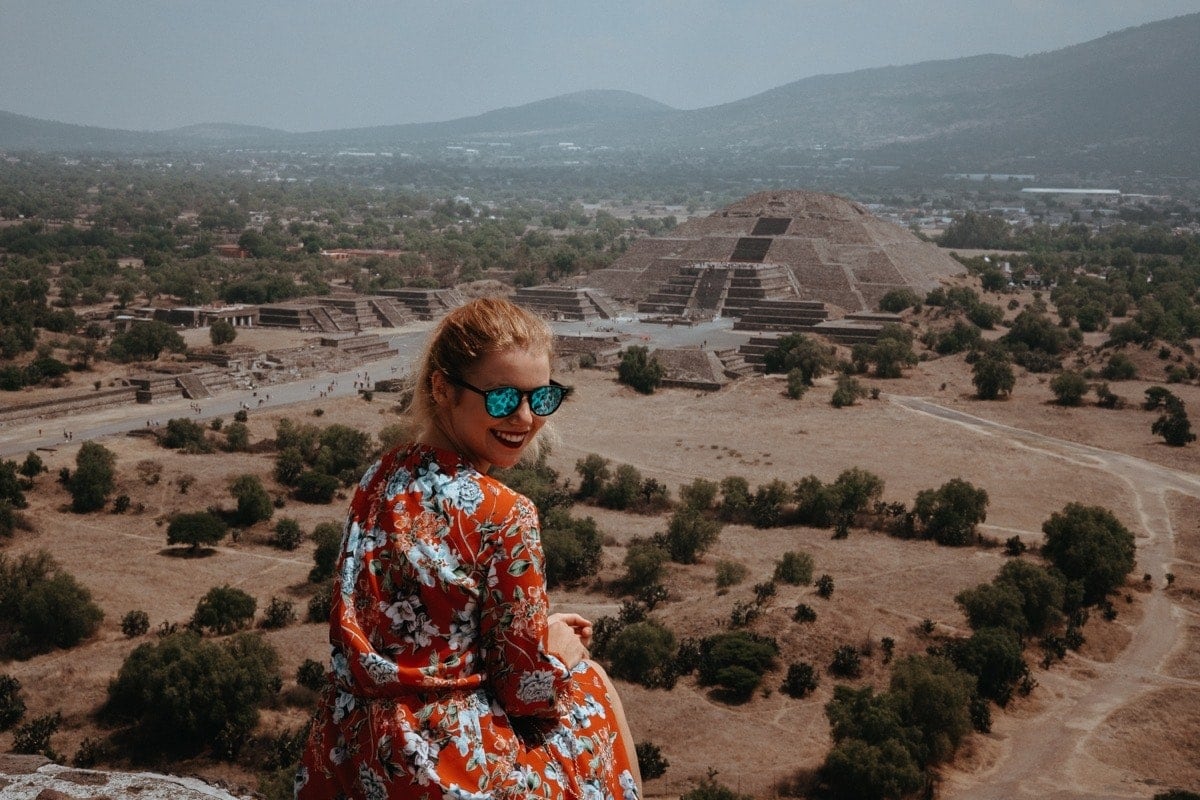
The city was founded here in 400 BC and 800 years later it was the most influential and powerful city in the region. It is not known who built the city, the Aztecs did not occupy it until 1400 AD, when it acquired the name we know it by today – Teotihuacán.
If you were to look at the city from a bird’s eye view, you would see that the streets are built in a grid. The city covers 20 square kilometres and contains 20,000 single-storey dwellings. Today you can admire the remaining pyramids and plazas. You can climb most of the pyramids in the meantime. Not the one Frida Kahlo climbed in the film, unfortunately.
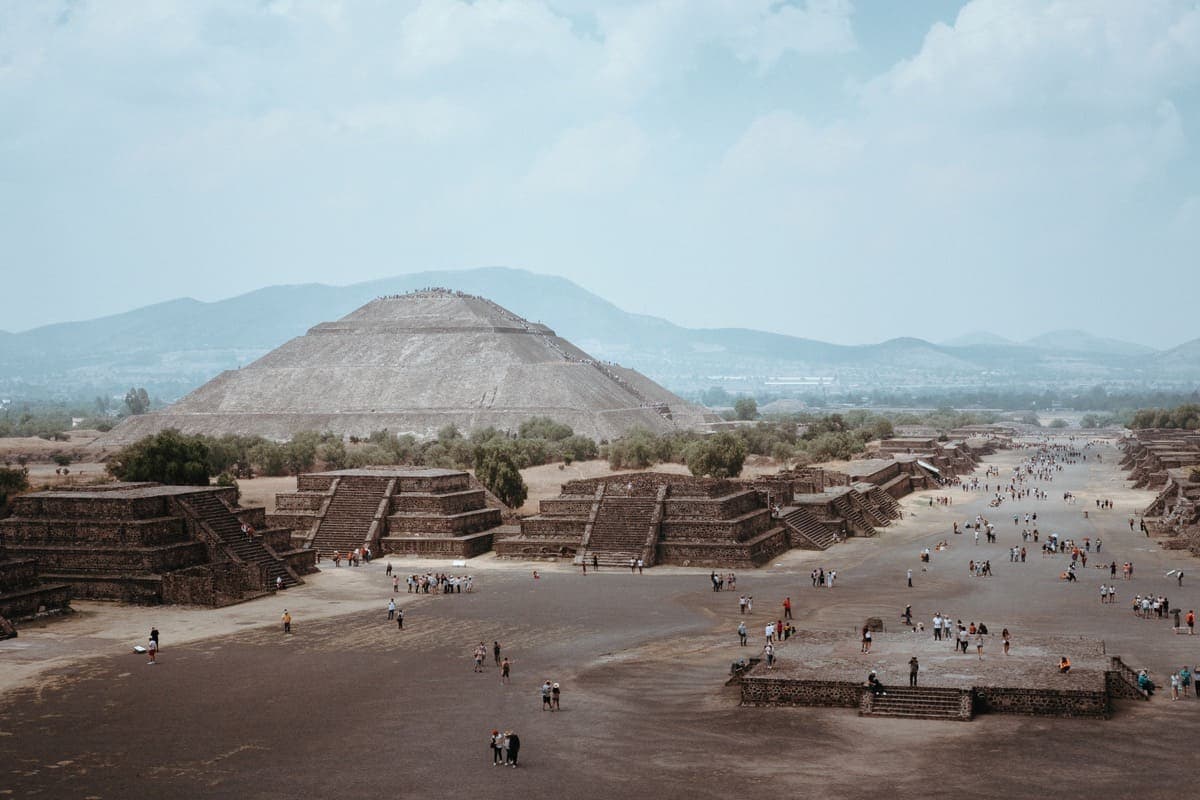
How to get to Teotihuacán
There is no need to pay for an expensive tour, you can get to Teotihuacán comfortably by bus. First, take the metro or a taxi to Terminal Central del Norte, where buses run every half hour to Teotihuacán.
A return ticket will cost you around 100 pesos. We recommend leaving around 9:00 or a little earlier to avoid the main tourist rush. Teotihuacán opens its doors at 9:00.
There are a number of food stalls and pay toilets at the bus stop. The food is not overpriced, but it’s not a gastronomic experience either. Nearby you will find the La Gruta restaurant, where most tourists go.
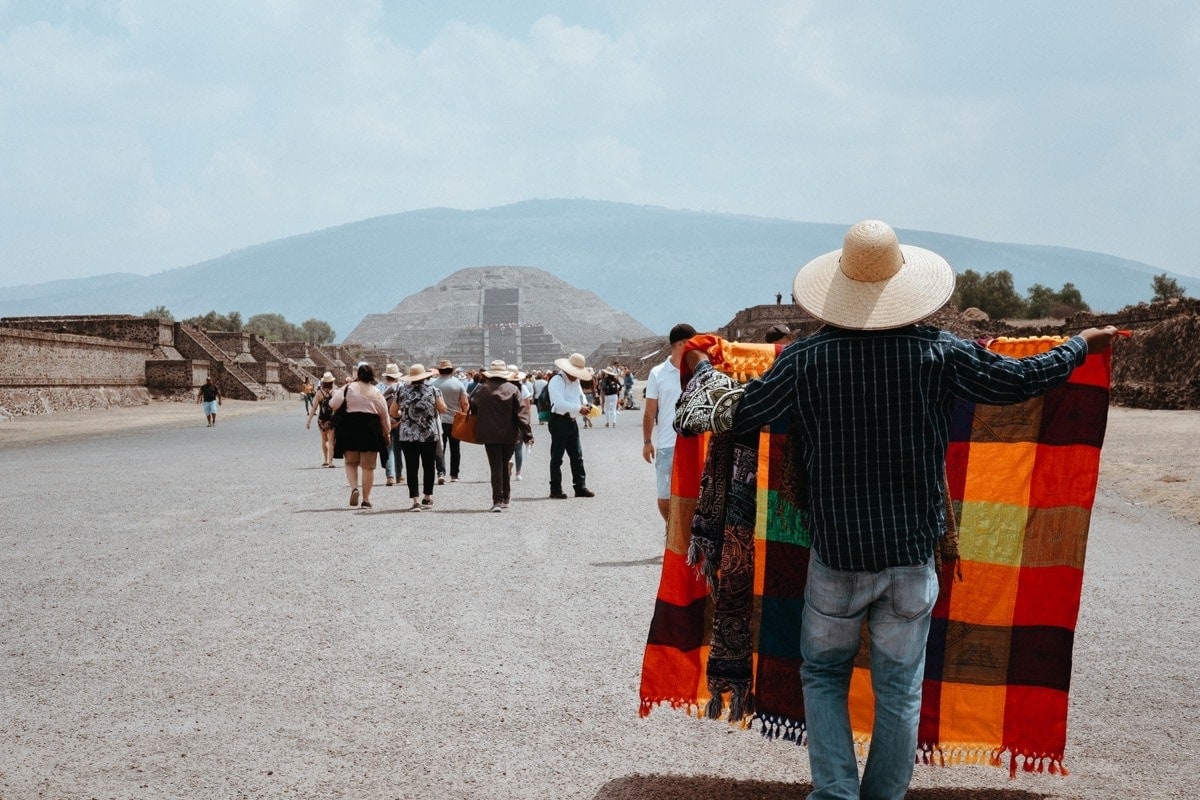
Where to stay in Mexico City
Booking.comTips and tricks for travelling in Mexico
What to packTake a look at our Where to get ticketsSearch for cheap airline tickets at Car rentalWe commonly use a grader Reservation of accommodation
Don’t forget about insuranceTravel insurance is an absolute must. For shorter journeys, choose AXA ( |
